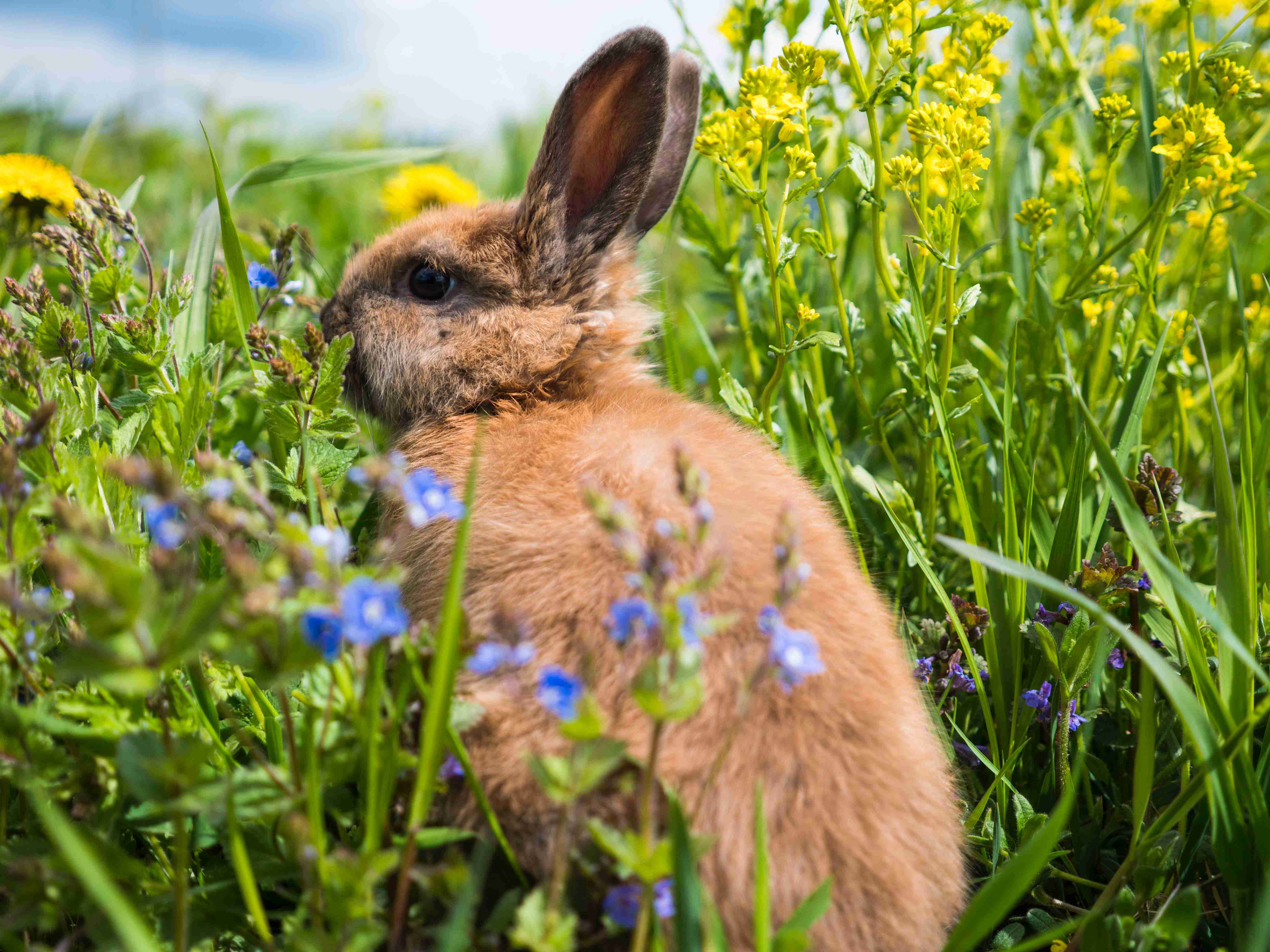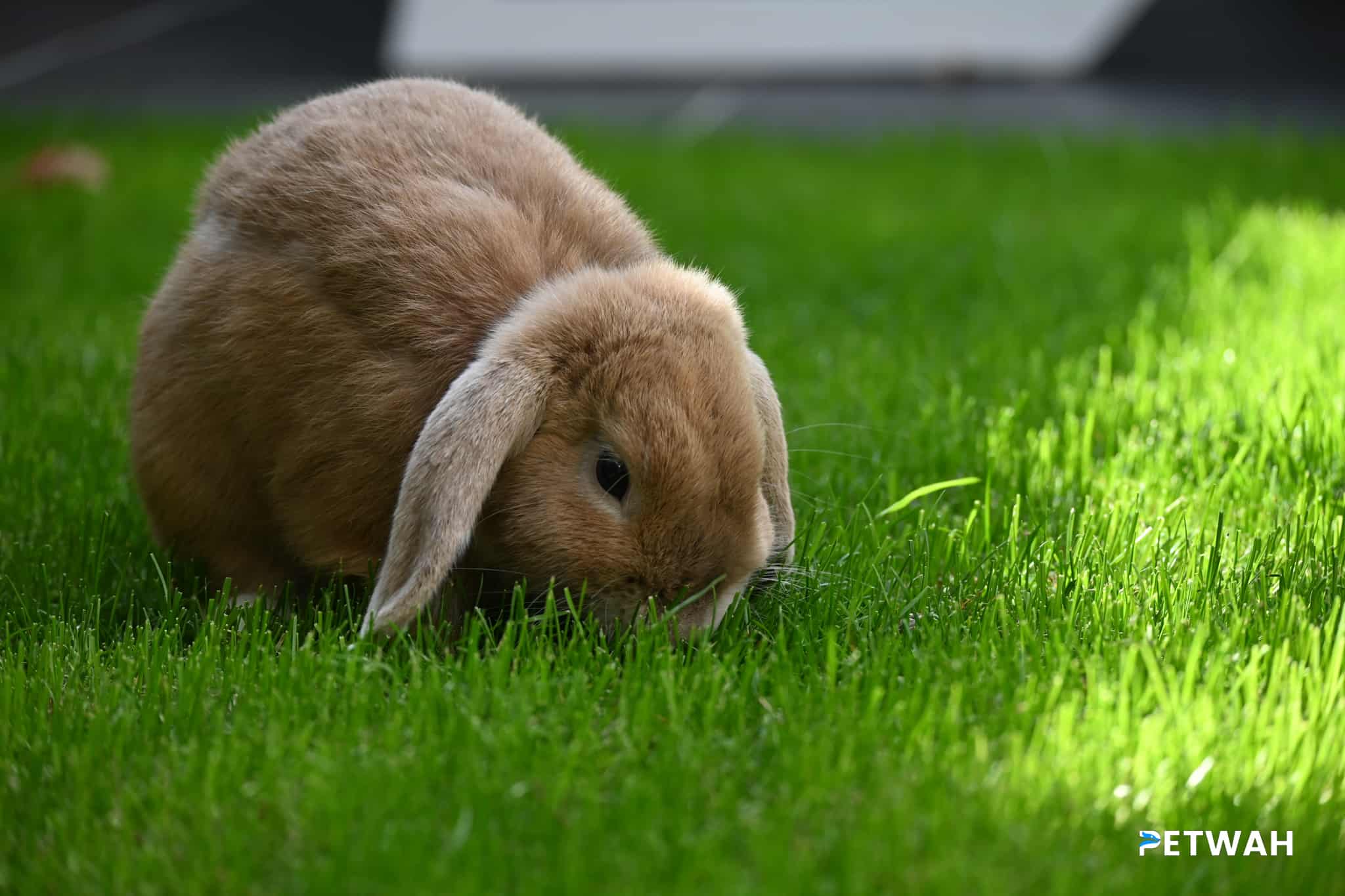Rabbits are adorable and lovely creatures that make great pets. They are known for their soft fur, long ears, and cute hopping. However, just like any other pet, rabbits can get sick, and it can be challenging to recognize the signs. As a rabbit owner, it’s essential to monitor your pet’s behavior and appearance to ensure they are healthy and happy. In this blog post, we will discuss five common signs that your rabbit is sick and how to recognize them. By learning these symptoms, you can quickly identify when your furry friend needs medical attention and provide them with proper care to keep them healthy and happy.
Rabbits are adorable and make fantastic pets. They are social animals and are known for their playful and curious nature. However, like any other pet, rabbits can fall sick and develop health issues that require immediate attention. As a responsible pet owner, it is essential to watch out for signs that your rabbit is sick. Here are five common signs that indicate your rabbit is not feeling well.
1. Change in Appetite
One of the first signs that your rabbit is sick is a change in their eating habits. If your bunny is eating less or not eating at all, it could be an indication that they are unwell. Rabbits have a sensitive digestive system and require a specific diet to maintain their health. If your rabbit is not eating their usual food or has stopped eating altogether, it’s time to take them to the vet.
2. Lethargy
Rabbits are active animals and love to play and explore their surroundings. If you notice that your rabbit is not as active as usual and is spending more time sleeping, it could be a sign that they are feeling unwell. Lethargy is a common symptom of many illnesses, and it is essential to take your rabbit to the vet to determine the underlying cause.

3. Changes in Behavior
If your rabbit’s behavior suddenly changes, it could be a sign that they are not feeling well. For example, if your usually friendly and social rabbit becomes aggressive or withdrawn, it could indicate that they are in pain or discomfort. Changes in behavior can also be an indication of other health issues, such as dental problems, which can make it difficult for your rabbit to eat or drink.
4. Changes in Elimination
Pay close attention to your rabbit’s elimination habits. If you notice a significant change in their urine or stool, it could be a sign that they are sick. For example, if your rabbit’s urine is cloudy or has a strong odor, it could indicate a urinary tract infection. If your rabbit’s stool is soft or runny, it could be a sign of gastrointestinal issues.
5. Respiratory Issues
Rabbits are susceptible to respiratory infections, which can cause sneezing, coughing, and difficulty breathing. If you notice any of these symptoms in your rabbit, take them to the vet immediately. Respiratory infections can quickly become severe and even life-threatening if left untreated.
Overall, if you notice any of these signs that your rabbit is sick, it’s essential to take them to the vet as soon as possible. Rabbits are delicate animals, and even a minor illness can quickly escalate into a severe health issue. As a responsible pet owner, it’s crucial to watch out for these common signs and take action promptly to keep your bunny healthy and happy.
As you can see, there are several signs to look out for if you suspect your rabbit is sick. The key is to be observant and proactive in their health care. By taking note of any changes in behavior or physical symptoms, you can catch potential health issues early and seek treatment before they become more serious. Remember to always consult with a veterinarian if you have any concerns about your rabbit’s health. With proper care and attention, your furry friend can live a happy and healthy life by your side.


.jpg)
.jpg)
.jpg)

.jpg)
.jpg)